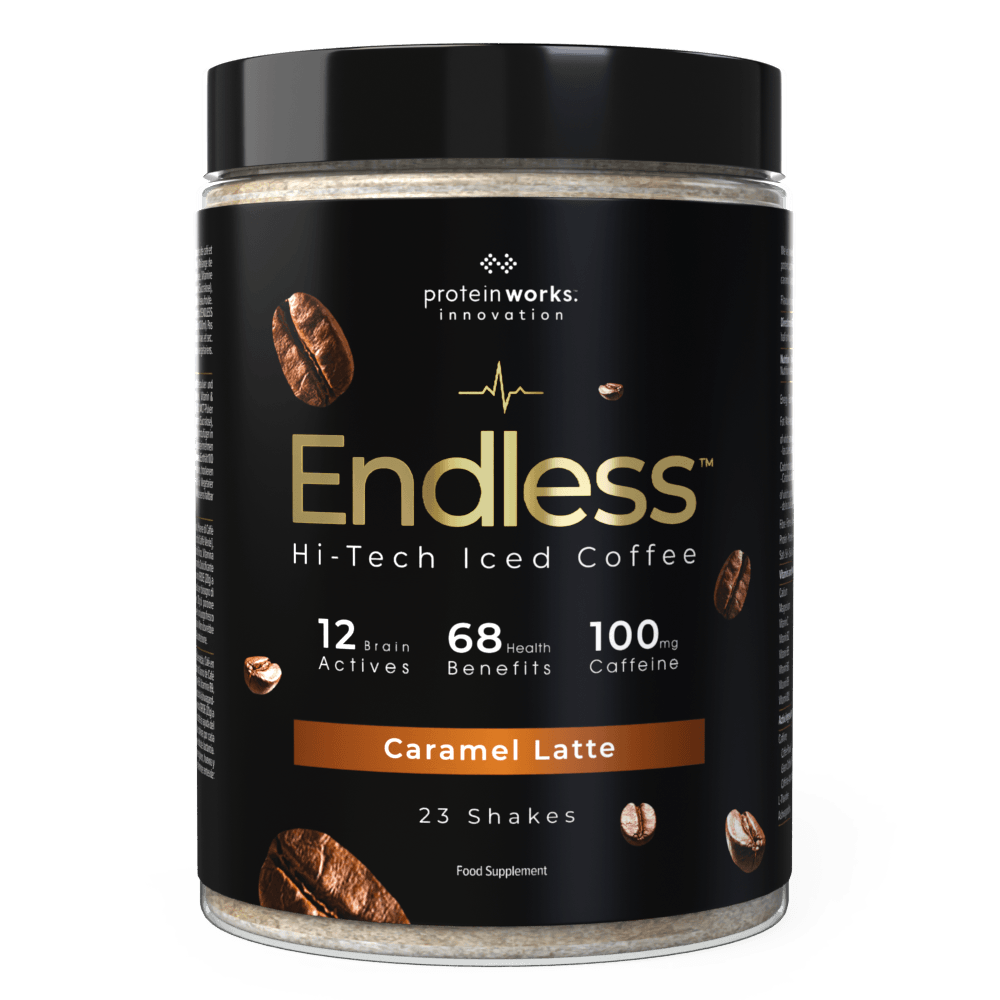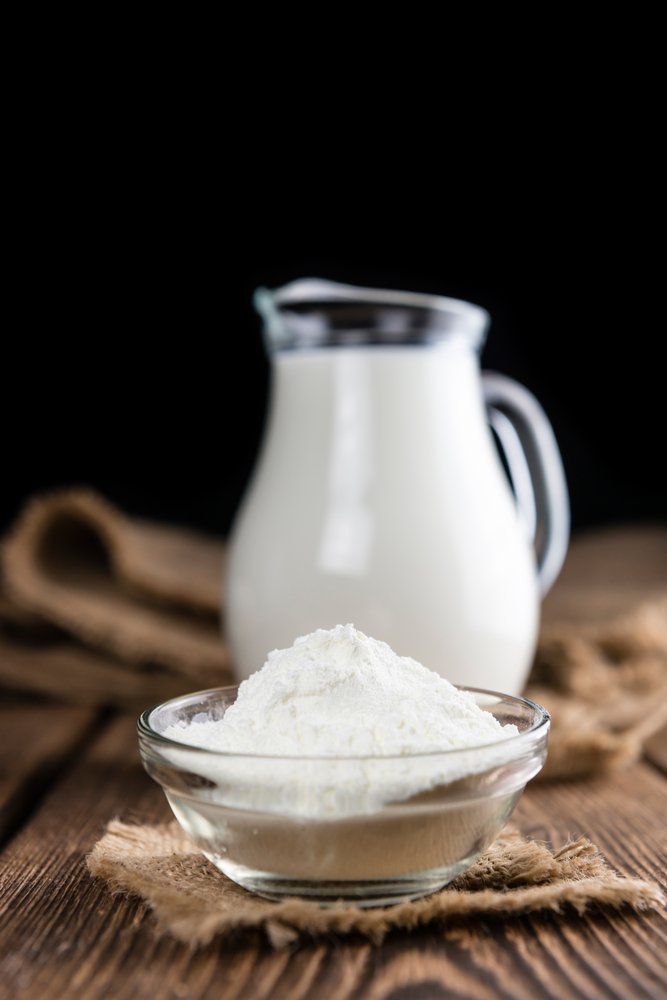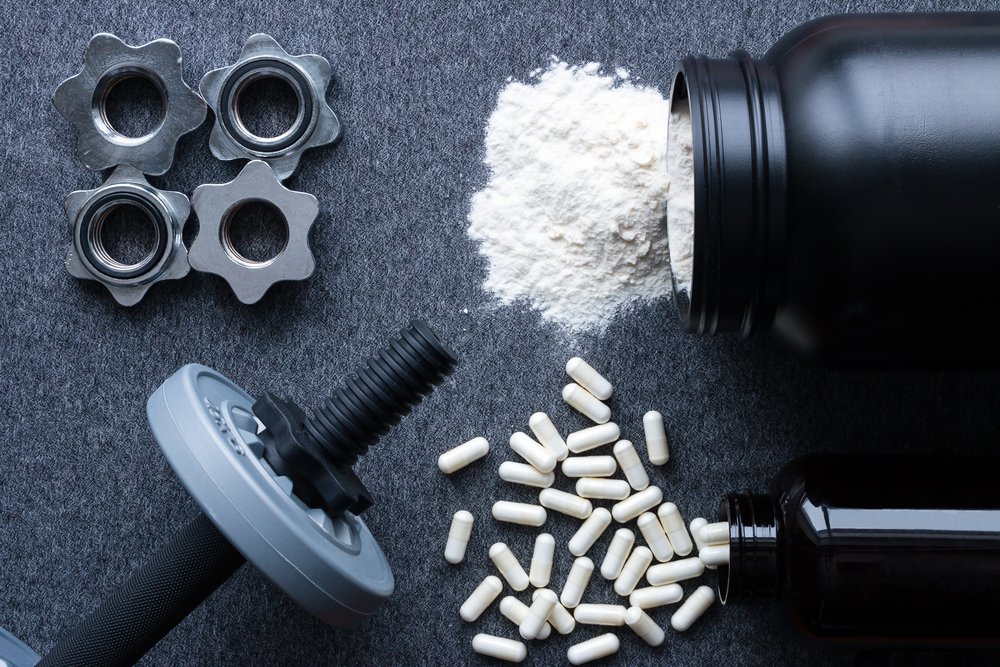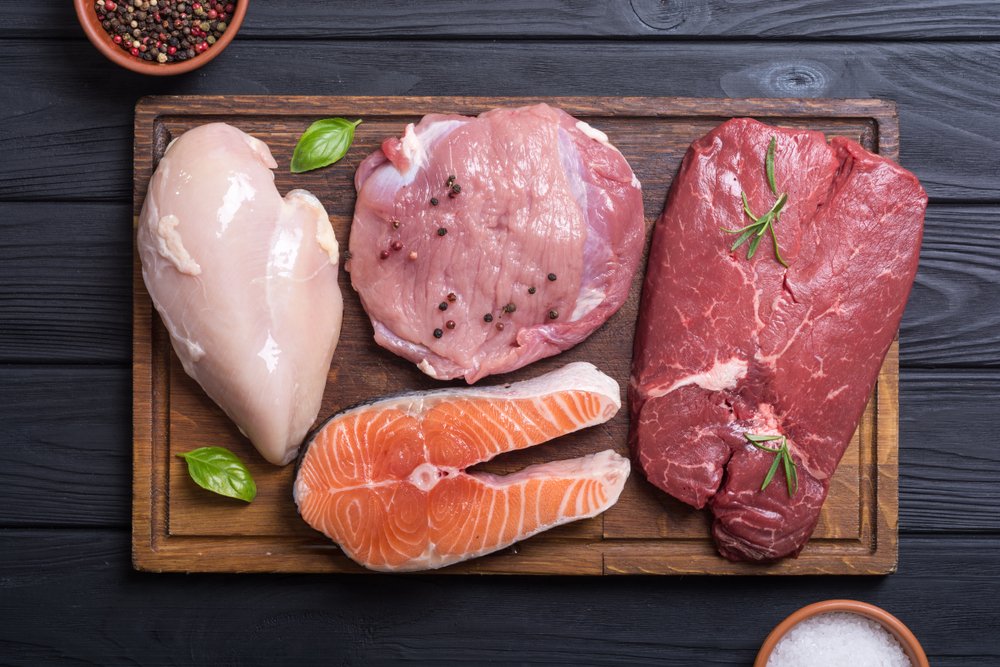
Coffee & Caffeine: What Does Science Say?
How many things can you confidently say you do each and every day? Yes, you wake up, get dressed and brush your teeth. However, you probably don’t train every day. You’d be crazy to go to work each day. You may not even chat with friends on the daily. In terms of frequency, research asserts that consuming caffeine falls better in line with brushing teeth than speaking with friends1. That’s because over 80% of adults use caffeine each day, mostly in the form of coffee!1.
So many of us enjoy a cup of coffee in the morning but this begs the question, why are there still so many questions surrounding caffeine and its effects?
Caffeine itself is used as a supplement to improve both exercise and cognitive performance, with lifters, accountants, grandparents and marathon runners all consuming caffeine, so there needs to be sufficient education regarding its use. In this article, each of your caffeine questions will be answered with special emphasis given to how caffeine consumption impacts training.
Before taking this deep dive, It should be recognized this information is intended for the healthy, adult population. Individuals have varying tolerances to all sorts of compounds, and caffeine is no exception. Special care should be taken for these people.
How much Caffeine is too much?
Even as a physiotherapist, this is a question I get frequently. In a review by Iraki et al1, it’s reported that for otherwise healthy adults, an upper limit intake of 5-6mg per kg of body weight to be a safe daily value. So, for a 75kg person, research largely agrees that 375-450mg of caffeine be safely consumed in a day.
Objective, numerical values are great, but they are utterly meaningless unless you know how much caffeine sits in your coffee mug. Most often, especially with larger companies, caffeine content is posted via their website. This typically ranges from 80 – 100mg BUT this entirely depends on where you choose to get your coffee from, different companies have different strengths – have a read of their websites so ensure you’re clued up.
Before we move on, lit should be restated, caffeine tolerance is largely variable. That said, it’s probably best practice to begin using caffeine in small doses, say 100mg and work upward but not past the upper limit recommendations given here.
Does Caffeine Improve Performance?
From an endurance athlete perspective, it does appear caffeine augments an increase in performance2. It should be noted that doses necessary to achieve these effects are higher (3mg/kg of body weight) than your average shot of espresso, however.
In terms of resistance training, the research bag is more mixed. There is some research suggesting that maximum power output can be improved via caffeine consumption ~30-60 minutes prior to exercise, but the majority of caffeine’s benefits come via increased volume over the course of an entire training sesison3. In other words, caffeine may not directly help you lift heavier weight, but it might augment the ability to lift heavy-ish weight for longer periods of time.
How quickly does caffeine tolerance increase?
Well…it depends. I know, it’s not the sexiest answer. However, steadfast timestamps regarding tolerance don’t largely exist in the research. However, what’s most important to realize is that caffeine tolerance does exist. The human body does a remarkable job of maintaining homeostasis, and anecdotally, it’s wild how much caffeine users can become accustomed. However, this doesn’t necessarily mean we should be pushing the envelope.
Whether you’re using caffeine for the cognitive or physiological benefits, though I would argue these go hand in hand, it ‘s prudent to cycle caffeine consumptions with periods of decreased intake. I’m not here to take the coffee cup from your hand at 6am, but it’s probably best practice to spend some time away from the upper limit (6mg/kg) at times. If nothing else, this ensures caffeine’s positive effects are constantly being reset and realized.
Does caffeine stimulate fat loss?
Caffeine is a stimulant, meaning that the volume dial on your body’s energy expenditure gets turned up. This comes with several desirable effects such as increased alertness and improved cognition2. Most relevant to fat loss is that your body’s basal metabolic rate (BMR) ticks up as well. This is why most “fat loss supplements” can caffeine or some derivative of it. It’s a cheap and fairly effective way to burn more calories. However, this increase isn’t to any groundbreaking degree. Therefore, using caffeine strictly for the purpose of fat loss is probably misguided. Not to mention, this is a good way to increase your tolerance to its effects.
There you have it. Caffeine can be a safe, effective supplement in improving performance, cognition and wakefulness when used appropriately and provided your personal health allows its consumption. Not to mention, coffee is very, very tasty.
If you’re looking for EVEN tastier ways to consume caffeine, check out our Endless Iced Coffee for an upgrade to your morning coffee or our Protein Coffee Coolers for when you’re looking for a high protein boost.
References
- https://www.ncbi.nlm.nih.gov/pmc/articles/PMC6680710/
- https://www.sciencedirect.com/science/article/pii/S0149763416300690
- https://journals.humankinetics.com/view/journals/ijspp/2/3/article-p250.xml









No Comments yet!